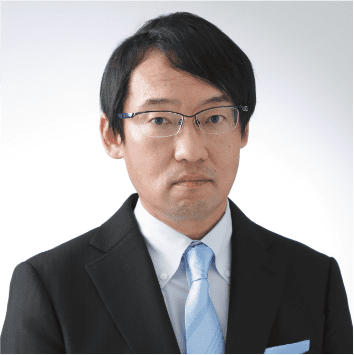 The Second Phase of FC-Cubic’s Further Advancement
The Second Phase of FC-Cubic’s Further Advancement

FC-Cubic Technical Research AssociationYoshihiko Hamamura, Chairman
Message from Chairman
FC-Cubic, Technical Research Association, was established on April 2, 2010 by five private companies, six universities, and the National Institute of Advanced Industrial Science and Technology (AIST) to promote common fundamental research to support the development of polymer electrolyte fuel cell systems at the AIST Tokyo Waterfront as a base of operations.
In 2017, Japan formulated the world’s first national hydrogen strategy, the “Basic Hydrogen Strategy”. This was the beginning of a worldwide increase in expectations for hydrogen, and by 2022, 26 countries and regions, including Japan, have formulated hydrogen strategies as specific policies. In October 2020, Japan declared that it will achieve carbon neutrality by 2050, and national policies, further increasing the interest of national policies, the demand for the hydrogen and fuel cell industries, and aspiring municipalities. In June 2023, a revision of the Basic Strategy for Hydrogen was decided by the Ministerial Conference on Renewable Energy, Hydrogen, and other Related Matters, in which it was stated that “Japan aims to establish itself as a platformer in the global market for fuel cells” and that “As for the water electrolysis market, Japan will also be able to demonstrate its strengths in the safe and stable operation of equipment and the development of innovative technologies for components and materials,” and “The government, businesses, business organizations will support universities and research institutes, and universities and other institutions will create a virtuous cycle of knowledge that will be the source of human resource development and advancement and human resource supply.” The “Fuel Cell Evaluation and Analysis Platform,” a hub for fuel cell research and development in which Japan’s cutting-edge technologies can be gathered and in which anyone can participate, will be in charge of the “Open FC-Cubic” starting in 2020 to address technical issues related to fuel cells, innovative research and technology development, and the activation of human resources to support this. We will continue to make further efforts to meet the expectations of the government, including the water electrolysis evaluation and human resource development courses that we newly started in FY2023. We will continue to make further efforts to meet the expectation of the government.
From 2020, FC-Cubic is responsible for the “evaluation and analysis platform”, which is a hub function for fuel cell research and development that anyone can participate in, gathering the cutting-edge technologies possessed by Japan in order to revitalize technical issues, innovative research, and technological development related to fuel cells, aiming for “open FC-Cubic”. I understand that the contents of Japan’s Basic Hydrogen Strategy suggest that it aims to raise fuel cell technology to an even higher level. We will continue to make further efforts to meet the expectations of the government, including water electrolysis evaluation and human resource development courses, which we have newly started in FY2023.
In 2021, as Chairman, I was given the opportunity to speak at the private sector part of the Hydrogen Ministerial Conference and exchange views with research groups from around the world. This has given me the opportunity to communicate with researchers representing the U.S. and Europe, and I have been exposed to a wide range of thoughts and ideas, and I feel that the expectations from overseas are increasing.
In order to meet these expectations, it is essential to conduct research in an environment with abundant hydrogen. It has been about a year since we decided to move to Yamanashi Prefecture in April 2023, where they are working on hydrogen production from renewable energy and promoting the spread of hydrogen throughout the prefecture.
We regard the relocation to Yamanashi Prefecture as a new era for the second phase of FC-Cubic, and we are determined to unite with all our members to promote more open activities in order to realize research for the promotion of hydrogen and fuel cells and the development of future human resources through the community. We look forward to your continued guidance and cooperation.
May 2024
